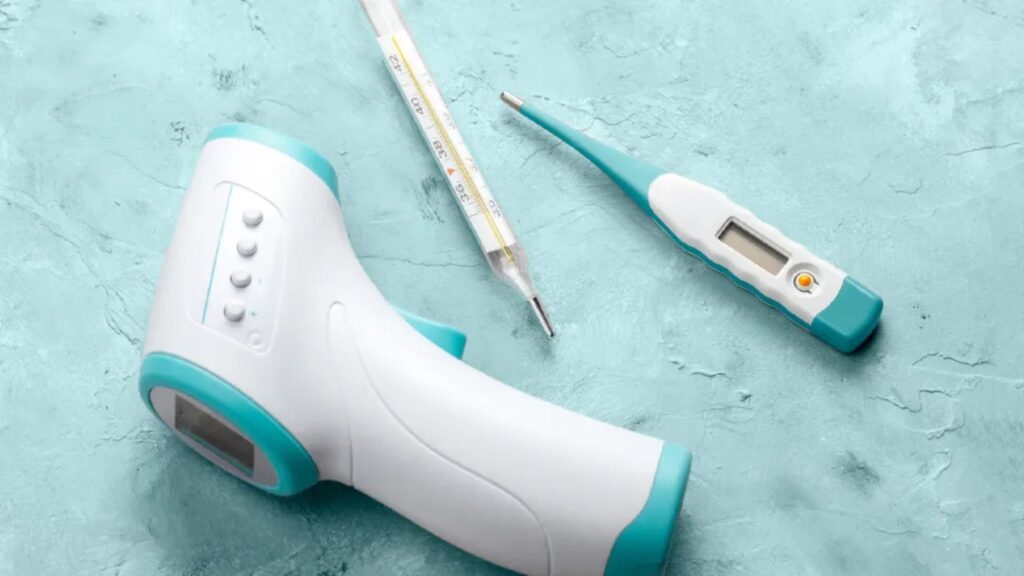In today’s fast-paced world, thermometers play a crucial role in monitoring temperature changes, be it for medical purposes, culinary endeavors, or maintaining optimal environmental conditions. With an array of options available, selecting the right thermometer can seem daunting. This article aims to simplify this process by providing a comprehensive guide on different types of thermometers, their functionalities, and key factors to consider when making a purchase.
Understanding the Basics of Thermometers:
A thermometer is a device used to measure temperature accurately. From traditional mercury-based thermometers to modern digital variants, the market offers various options suitable for different purposes. The key types include oral thermometers, ear thermometers, infrared thermometers, digital thermometers, and environmental thermometers.
Choosing the Right Thermometer for Specific Needs:
- Medical Thermometers: When it comes to monitoring body temperature, accuracy is paramount. Digital thermometers, particularly those designed for oral and ear use, are widely recommended for their quick response time and precision. Additionally, the ease of use and hygiene considerations make them an ideal choice for households and healthcare facilities.
- Culinary Thermometers: For cooking enthusiasts and professional chefs, the accuracy of temperature measurement is crucial for achieving desired culinary perfection. Probe thermometers and infrared thermometers are popular choices for measuring the internal temperature of meats, ensuring food safety, and achieving the desired level of doneness without compromising taste and texture.
- Environmental Thermometers: Maintaining optimal environmental conditions in various settings, such as homes, offices, or greenhouses, requires reliable temperature monitoring. Wireless indoor-outdoor thermometers, weather stations, and smart thermostats provide real-time temperature data and enable users to regulate heating and cooling systems efficiently.
Key Factors to Consider When Purchasing a Thermometer:
- Accuracy and Precision: Look for thermometers with high accuracy to ensure reliable temperature readings.
- Ease of Use: Opt for user-friendly designs that simplify the temperature monitoring process.
- Durability: Opt for durable materials that can withstand frequent use and potential environmental conditions.
- Speed of Measurement: Consider thermometers with fast response times, especially for time-sensitive applications.
- Hygiene and Maintenance: Prioritize thermometers that are easy to clean and maintain, particularly for medical and culinary purposes.
Conclusion:
Whether it’s for personal health monitoring, culinary adventures, or environmental control, selecting the right thermometer is crucial for accurate temperature readings. By understanding the different types available and considering key factors such as accuracy, ease of use, and durability, individuals can make informed decisions that cater to their specific needs. Embracing the right thermometer not only ensures precision but also contributes to a healthier and more efficient lifestyle.

